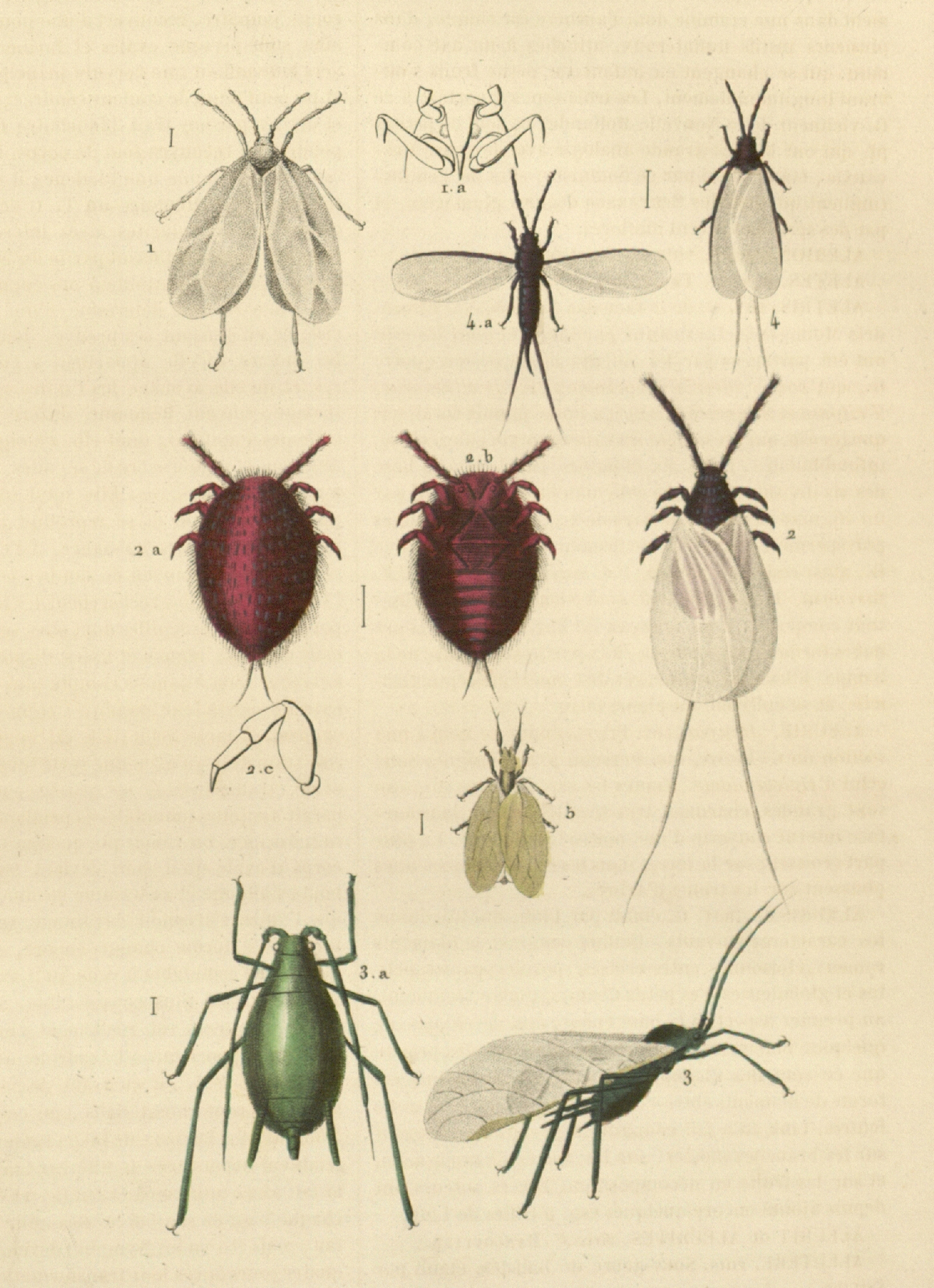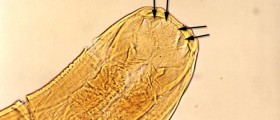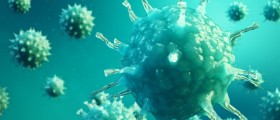
Bilharzia, also known as schistosomiasis, is a parasitic infection. It develops due to infestation with a parasitic worm of a genus Schistosoma.
Infestation with Schistosoma
The way of getting the infection includes a contact with contaminated water. Namely, a cercaria is an infective form of the parasite. It is found in water. Once the parasite comes in contact with a person's skin, it burrows into the skin, matures and transforms entering the following stage called schistosomula. Such parasites move from the skin and come into the lungs and liver where they mature into adult parasites. Adult parasites migrate to different organs including the bladder, rectum, intestine, liver, spleen or lungs.
Depending on the affected organ, the species of the worm as well as the phase of the infection patients develop different symptoms and signs. Infestation with a lot of parasites is always accompanied by fever and chills, enlargement of lymph nodes, the liver and spleen. Initially, while the parasites are still in the skin, one may develop itchy rash. Intestinal symptoms of schistosomiasis are abdominal pain and diarrhea (sometimes even bloody diarrhea). And finally, if the parasite enters the bladder, patients complain about painful and frequent urination and blood in the urine.
Preventing Bilharzia
Because there is no vaccine that can provide with proper protection against this parasite there are certain measures which one should follow in order to avoid contracting the parasite.
Before going to endemic countries it is essential to take out proper insurance. Once the person receives the policy, he/she is due to check the small print and to investigate what exactly is covered with the particular insurance. Furthermore, it is essential to check whether a person can return to the country on medical grounds in case he/she has contracted the infection.
People who are traveling to an infected area are supposed to avoid any contact with streams or rivers. For example, it is not recommendable to swim in fresh water such as ponds, lakes or rivers because they represent a natural environment for the parasite. However, if there is need and one must cross these water areas, he/she should wear waterproof trousers and boots. If one accidentally falls into a potentially contaminated water, he/ she should dry himself/herself vigorously with a tower. This may eliminate parasites from the body and prevent their entrance through the skin. Unfortunately, this is not 100% protective measure. And finally, it is best to cross rivers upstream from villages because this carries less chance of contracting the parasite.
If, in spite of all preventive measures, the parasitic infection occurs, the person is treated with praziquantel, an anthelmintic agent highly effective against Schistostoma.

















Your thoughts on this
Loading...